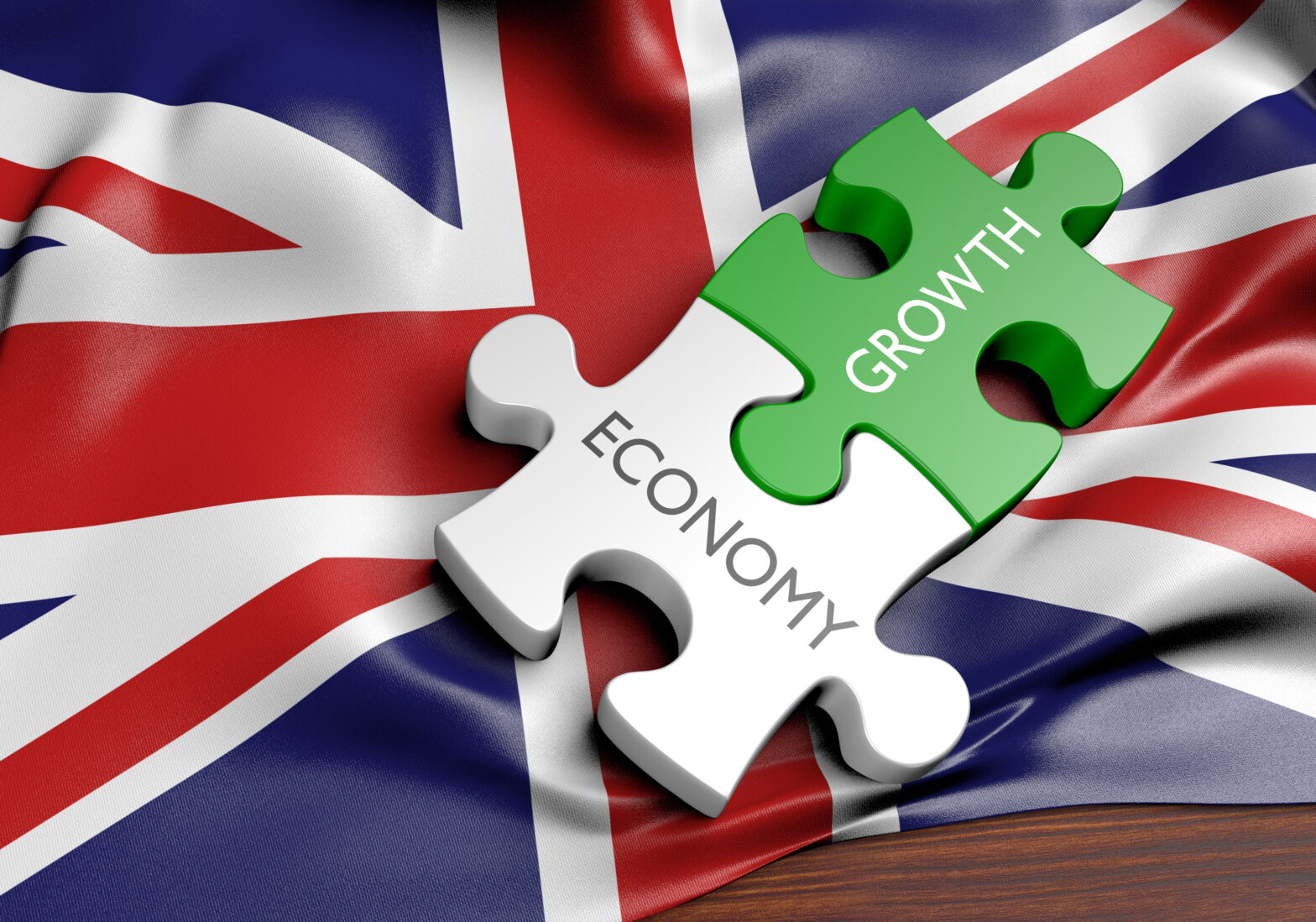The current fall in value of the country’s official currency and simultaneous increase in wages will likely lead to subsequent rise in exportation, causing the Gross Domestic Product (GDP) growth of Britain to expand by 2 per cent. The National Institute of Economic and Social Research (NIESR) which predicted this also agreed with other previous projections that the cost of getting a loan will be increased by UK’s central bank – the Bank of England (BoE).
According to the Director of the Institute, Jagjit Chadha, this should give the BoE more reasons to increase the interest rates by next spring. However, major banks have been doing all they can to improve their cash reserves and profits in order to handle the effects of any unforeseen financial crisis. But this prediction will excite them if the BOE actually goes ahead to hike interest rates.
‘We are not talking about a rapid return to higher interest rates, but signalling that process (even if it takes five to seven years) will help banks rebuild their balance sheets and create a healthier financial system,’ Chadha was quoted as saying.
He once stated that the inability of the banking industry to help businesses that are expanding with more loans (amongst their other weaknesses) has led to the slow growth of Britain’s economy. Adding that, for a business to get credit, they have to submit their business proposal to the bank – that’s why ‘the financial sector is crucial’.
This prediction comes in the wake of multiple economic reports that possibilities of UK’s economy bouncing back to life is being subdued by the uncertainties that will come with Brexit. However, foreign firms willing to invest in Britain are also getting discouraged – and this has hampered the GDP growth of the country since the beginning of the year.
Although, some companies have already invested in properties within the UK – like the Walkie Talkie building which was bought over for more than £1 billion. There are also other reports of partnerships and purchases going on around the country. This uncertainty makes business protection all the more vital in the modern environment.
Official data released recently by the Office of National Statistics (ONS) showed that as at the end of June 2017, the growth of UK’s economy was 0.3 per cent every three months – which is a slight increase from the 0.2 per cent that was recorded in the first quarter of the year. This means half the growth rate of the entire Eurozone.
According to the International Monetary Fund (IMF), UK’s economy might not grow at the 2 per cent projected earlier in April. The country’s GDP is expected to expand at 1.7 per cent this year and 1.5 per cent in 2018 – showing a slight decline in growth. But the NIESR is adamant that the economy is likely to stand at 1.9 per cent in 2018.
The inflation curve recorded a 4-year high when it got to 2.9 per cent in May. Experts companies say UK’s wage growth still stood at 2 per cent. This means that the possibility of UK’s economy bouncing back to life will be somewhat dependent on if the Bank of England will increase interest rates before or after Britain leaves the European Union (EU) in 2019.





